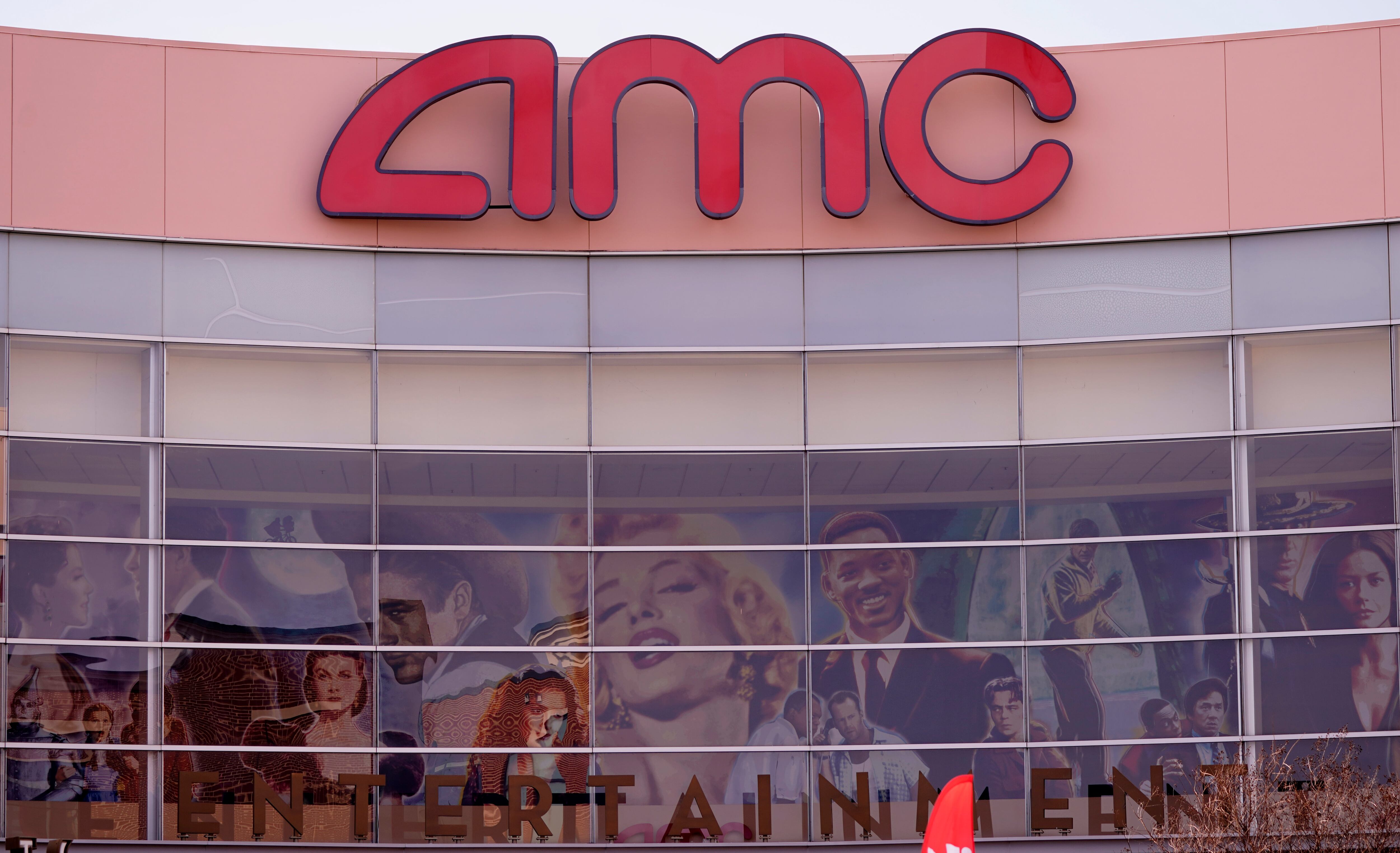The streaming cloud gaming platform by the tech giant Google is here — sort of. Stadia, the new streaming, console-less video game endeavor, launched today to a mixed set of reviews punctuated by technical issues and a list of features still yet to come.
However, Jack Buser, director of games and business development for Google ($GOOGL), couldn't be more excited for the system's future as he discussed the launch with Cheddar and the potential he sees in expanding beyond the current crop of PCs and consoles.
"You really have a lot of gamers that want to get their hands on what's going to be the future of gaming," Buser said. "We also see a lot of tech enthusiasts, people that are really wowed by the technology, they want to know more about it."
Buser went on to say that some of the incoming audience are people who have, for various reasons like family or job responsibilities, haven't had time to play video games in recent years. Certainly, Stadia's ambition is to increase accessibility for people by dropping expensive or complicated barriers to entry.
However, early reports in multiple outlets like Polygon have noted that there were some technical issues that belied the promise of "high performance" gaming on launch day, and Forbes described the cloud-based service as a "technical, conceptual disaster."
Despite these media reports, Buser told Cheddar that Stadia's reception was going well with its initial users.
"You know, so far so good, the first gamers that are getting their hands on the system are reporting it's working fine," he said. "We couldn't be happier."
Stadia's team may have some reason to be optimistic about its future as a number of features listed for the service have yet to be rolled out, such as the free base version that allows a la carte game "purchases" from the cloud beginning next year and an expanding library beyond the 22 available games (although the majority of them are already available on other systems).
The Stadia Premiere Edition will cost early adopters $129 (plus the cost of games) to cover current access to the service. That's expected to change next year, although in 2020 they won’t be the only ones in the game (so to speak): Microsoft is slated to launch soon with their own streaming services, and that’s in addition to PlayStation Now, a cloud subscription model that already exists.
Still, being one of the first on the scene, Google has high hopes of grabbing what looks to be a much broader audience.
"Even the bestselling consoles generally sell 100 million, 150 million, units, and we asked ourselves 'why isn't that measured in the billions?'" Buser said. "We want to break down those barriers and make gaming accessible to as many people, all over the globe, as possible and this really is the starting point of that journey."












